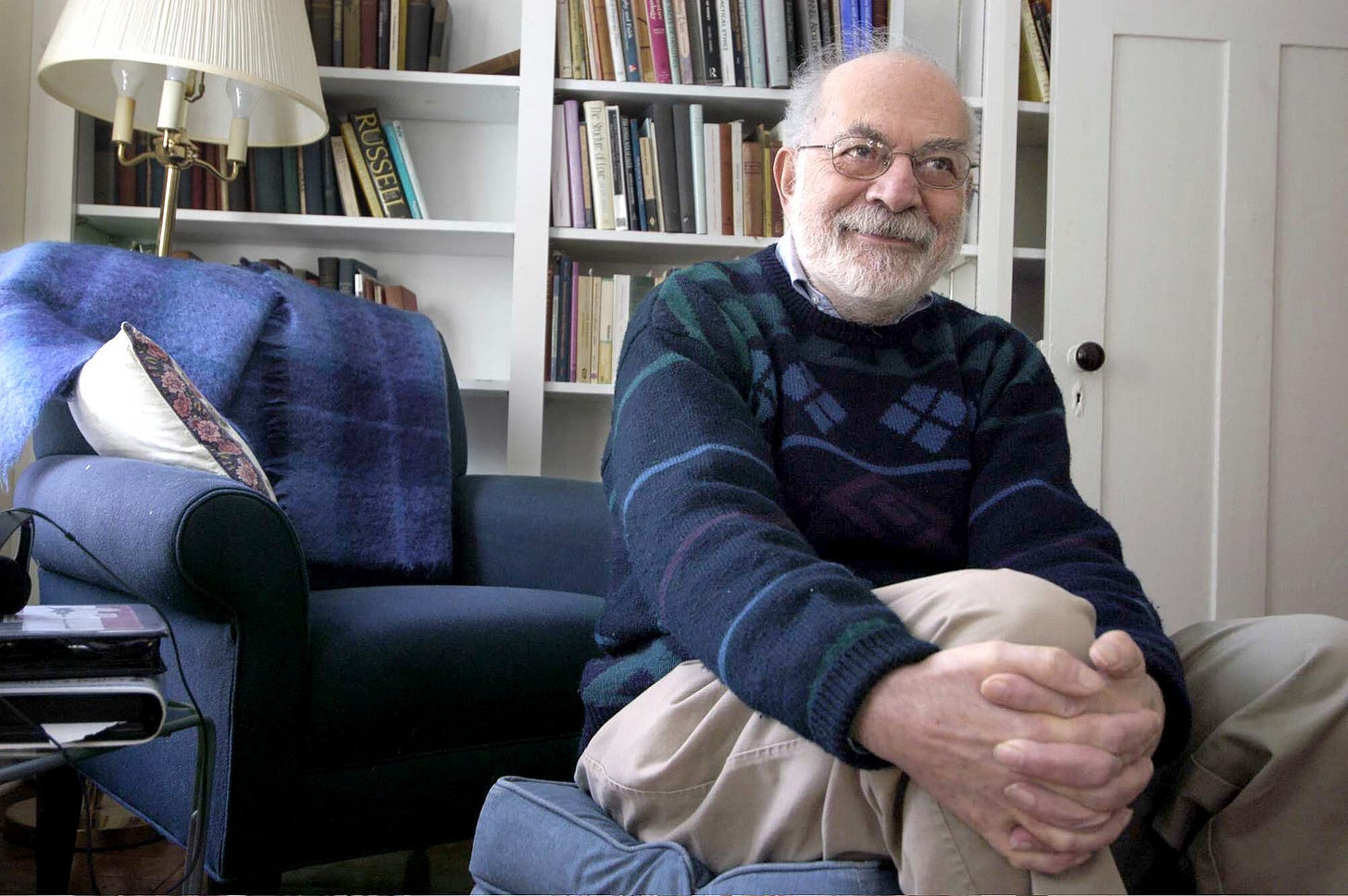The Death of Expertise: Why Everyone Thinks They Know Everything
The erosion of expertise is a defining characteristic of the modern era, a phenomenon where the value of specialized knowledge and informed opinion is increasingly dismissed, often replaced by readily available but often inaccurate information and personal biases. This shift has profound implications, impacting everything from scientific discourse to political decision-making, and is fuelled by a complex interplay of factors that deserve careful examination. This exploration delves into the "death of expertise," examining the underlying causes, consequences, and potential remedies for this troubling trend.
The rise of readily available information, amplified by the pervasive influence of the internet and social media, has contributed significantly to this phenomenon. Access to vast amounts of data, while beneficial in many respects, has also fostered a culture of what author Tom Nichols terms "intellectual arrogance" (Nichols, 2017). Individuals, armed with a few Google searches, often feel empowered to challenge established expertise, regardless of their own qualifications or the complexity of the subject matter.
This is not merely a matter of misinformation; it is a systemic issue that challenges the very foundations of knowledge creation and dissemination. One critical element is the democratization of opinion, where everyone's perspective is treated as equally valid, regardless of their grounding in evidence or rigorous analysis. This leveling of the playing field, while seemingly democratic, can often drown out the voices of those who have dedicated years to mastering a particular field.
The concept of “post-truth” is also crucial to this discussion, where objective facts are less influential in shaping public opinion than appeals to emotion and personal belief. The post-truth era is characterized by the prioritization of feeling over fact, leading to the widespread acceptance of disinformation and the erosion of trust in institutions and established authorities. This has been exacerbated by political polarization, where facts are often viewed through the lens of pre-existing biases and ideologies.
The Dunning-Kruger effect further complicates matters. This cognitive bias causes individuals with low competence in a particular area to overestimate their abilities, while those with high competence tend to underestimate their own. This leads to a situation where the least qualified are often the most vocal, spreading misinformation with unwarranted confidence. Studies have shown that individuals with limited knowledge are significantly more likely to express overconfidence in their understanding of complex topics (Dunning & Kruger, 1999).
"The Dunning-Kruger effect reveals a common human tendency: when we are not skilled in an area, we fail to recognize how unskilled we are."
— David Dunning, Cornell University ProfessorThis essay will delve into these interconnected facets of the “death of expertise,” exploring the philosophical underpinnings, the societal implications, and potential ways to combat this unsettling trend. We will examine the role of technology, the influence of political polarization, and the importance of fostering critical thinking skills. Our journey will explore the work of key thinkers such as Harry Frankfurt and Tom Nichols, and others in the field, to unravel the complexities of this significant challenge of our time.
The Age of Untruth: Defining Post-Truth and Its Roots
The current societal landscape is characterized by a pervasive distrust of established institutions and a growing skepticism towards factual information. This has resulted in the proliferation of what is often termed "post-truth," a condition where appeals to emotion and personal belief hold more sway than objective evidence. This section aims to dissect the nature of post-truth, examining its philosophical roots and the mechanisms through which it shapes our understanding of reality.
Philosophically, post-truth can be understood as a crisis of epistemology – a breakdown in the accepted methods of acquiring and validating knowledge. It challenges the very notion of a shared reality based on verifiable facts, replacing it with a fragmented landscape of competing narratives. The philosopher Harry Frankfurt, in his influential work "On Bullshit," provides a crucial framework for understanding this phenomenon. Frankfurt distinguishes between lying and "bullshit": while liars are aware of the truth and deliberately distort it, bullshitters are indifferent to the truth altogether. They are more concerned with creating an impression or furthering their own agenda than with presenting an accurate representation of reality.
"It is impossible for someone to lie unless he thinks he knows the truth. Producing bullshit requires no such conviction."
— Harry Frankfurt, On BullshitThis indifference to truth is a defining characteristic of the post-truth era. The rise of social media and the proliferation of echo chambers have exacerbated this trend, as individuals are increasingly exposed only to information that confirms their existing beliefs (Pariser, 2011). This creates a self-reinforcing cycle where emotional resonance and narrative consistency are prioritized over factual accuracy. The implications of this shift are far-reaching, impacting everything from scientific discourse to political decision-making. The lack of trust in expertise, as Tom Nichols describes in "The Death of Expertise", fuels this phenomenon. The more one understands a topic, the more one appreciates the complexity and nuances; less informed individuals often present a simplistic, confident, and often incorrect understanding of it.




